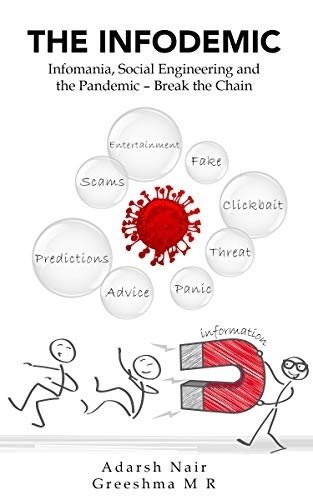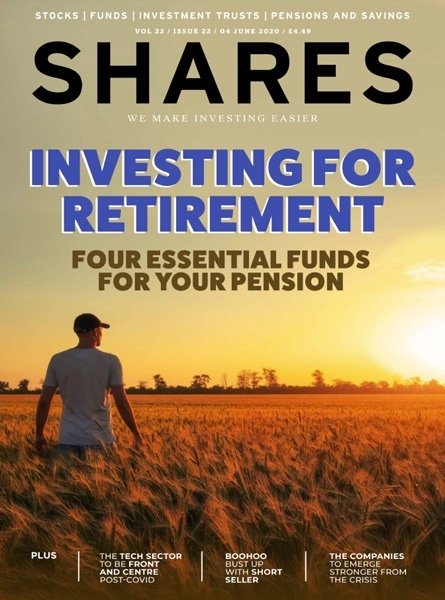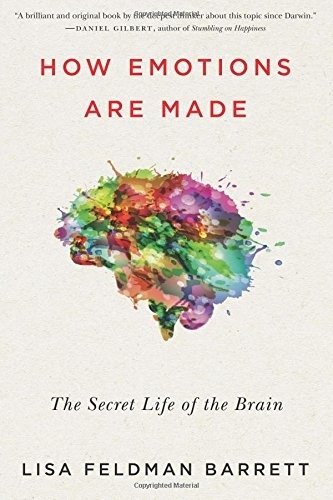The Infodemic: Infomania, Social Engineering and the Pandemic – Break the Chain
Infomania is a syndrome of the present. At a time of crisis or emergency, the information ‘hunger’ shoots up, the Internet being the primary feed. Amidst the lockdown, to deal with the COVID-19 Pandemic and the increase in telecommuting, cyberspace has become more active than ever, and online interactions have skyrocketed. Producing and propagating all kinds of information related to the pandemic has become an agenda of many, which has now turned into what WHO calls – “Infodemic.” The COVID-19 pandemic has created an Infodemic in a direct proportion.
Cyber attackers have jumped in to monetize the situation by exploiting the infomania to carry out social engineering campaigns ranging from simple threats to more demanding ransomware attacks.
“A chain is only as strong as its weakest link. The weakest link in any security system is the human being.”
Social Engineering works on the principle of ‘exploiting the weakest link.’ It tricks the user into revealing confidential information by carrying them to a custom platform to execute the attack. A majority of successful cyberattacks uses a combination of social engineering strategies and technology implementations. By mindless consumption and sharing of information, we may become the nodes of propagation of potential threats.
Let’s Break this Chain too! Just like washing your hands, best practices of information hygiene need to be followed in cyberspace also.
“Always be a smart and responsible consumer or supplier of internet resources.”
Shares – 4.06.2020
How Emotions Are Made: The Secret Life of the Brain
Lisa Feldman Barrett
A new theory of how the brain constructs emotions that could revolutionize psychology, health care, the legal system, and our understanding of the human mind
Emotions feel automatic, like uncontrollable reactions to things we think and experience. Scientists have long supported this assumption by claiming that emotions are hardwired in the body or the brain. Today, however, the science of emotion is in the midst of a revolution on par with the discovery of relativity in physics and natural selection in biology–and this paradigm shift has far-reaching implications for us all.
Leading the charge is psychologist and neuroscientist Lisa Feldman Barrett, whose theory of emotion is driving a deeper understanding of the mind and brain, and shedding new light on what it means to be human. Her research overturns the widely held belief that emotions are housed in different parts of the brain and are universally expressed and recognized. Instead, she has shown that emotion is constructed in the moment, by core systems that interact across the whole brain, aided by a lifetime of learning. This new theory means that you play a much greater role in your emotional life than you ever thought. Its repercussions are already shaking the foundations not only of psychology but also of medicine, the legal system, child-rearing, meditation, and even airport security.
Why do emotions feel automatic? Does rational thought really control emotion? How does emotion affect disease? How can you make your children more emotionally intelligent? How Emotions Are Made answers these questions and many more, revealing the latest research and intriguing practical applications of the new science of emotion, mind, and brain.
 1 / 3
1 / 3 2 / 3
2 / 3 3 / 3
3 / 3